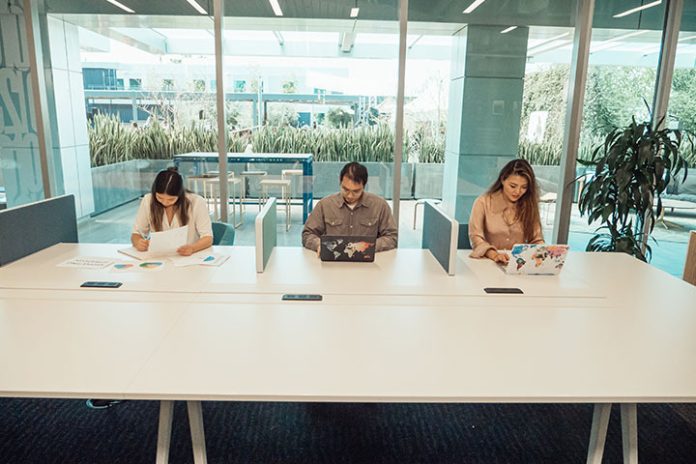The landscape of work is rapidly evolving, and coworking spaces have emerged as a defining feature of this transformation. The traditional 9-to-5 office model is giving way to a more flexible, collaborative, and remote-oriented approach to work. Coworking spaces are at the forefront of this change, redefining how and where people work. In this article, we’ll explore the role of coworking spaces in shaping the future of work.
Table of Contents
1. Flexibility and Remote Work
Coworking spaces, such as those at thebrew.co.uk, are designed to cater to a diverse range of professionals, from freelancers and startups to remote employees and even established corporations. They provide flexible workspaces that allow individuals to choose their environment, whether it’s a quiet corner for focused work, a shared desk for collaboration, or a meeting room for presentations.
The flexibility of coworking spaces aligns with the increasing demand for remote work, which has been accelerated by the global shift toward digital communication.
2. Collaboration and Networking
One of the defining features of coworking spaces is the sense of community and collaboration they foster. Professionals from various backgrounds and industries often share these spaces, creating opportunities for networking, cross-pollination of ideas, and partnerships.
Coworking spaces host events, workshops, and networking sessions that encourage members to connect and collaborate. This is invaluable for entrepreneurs, freelancers, and small businesses seeking to expand their networks and discover new opportunities.
3. Cost-Effective Solutions
Coworking spaces offer an economical alternative to traditional office leases. This is particularly appealing to startups and freelancers who may not have the resources for long-term leases or the desire to invest in office infrastructure.
Coworking spaces provide access to fully equipped offices, including utilities, Wi-Fi, printing facilities, and meeting rooms, all at a fraction of the cost of setting up a private office.
4. Work-Life Balance
The future of work is increasingly centered around work-life balance. Coworking spaces acknowledge the importance of this balance by offering a comfortable and inviting work environment that feels less formal and more conducive to productivity.
Many coworking spaces incorporate features like natural lighting, indoor plants, and lounge areas, which contribute to a sense of well-being and help to reduce stress.
5. Access to Amenities
Coworking spaces often include a range of amenities, such as kitchens, fitness areas, and coffee bars. These offerings contribute to a more enjoyable work experience. Being able to grab a coffee, enjoy a healthy snack, or take a break to exercise enhances the workday and promotes a healthier work-life balance.
6. Technological Advancements
As technology continues to advance, coworking spaces are staying at the forefront of innovation. They offer state-of-the-art facilities, high-speed internet, video conferencing capabilities, and smart office solutions, ensuring that people can work efficiently and stay connected, even in a remote or flexible work environment.
The Future Is Coworking
The future of work is marked by its flexibility, collaboration, and adaptability. Coworking spaces have proven to be a vital component of this new era of work. They provide a work environment that supports remote work, fosters collaboration, and prioritizes work-life balance.
As more individuals and organizations embrace this paradigm shift, coworking spaces are likely to play an even more significant role in the work landscape of the future. These dynamic spaces aren’t just a trend; they’re a fundamental part of the way we’ll work and collaborate in the years to come.

